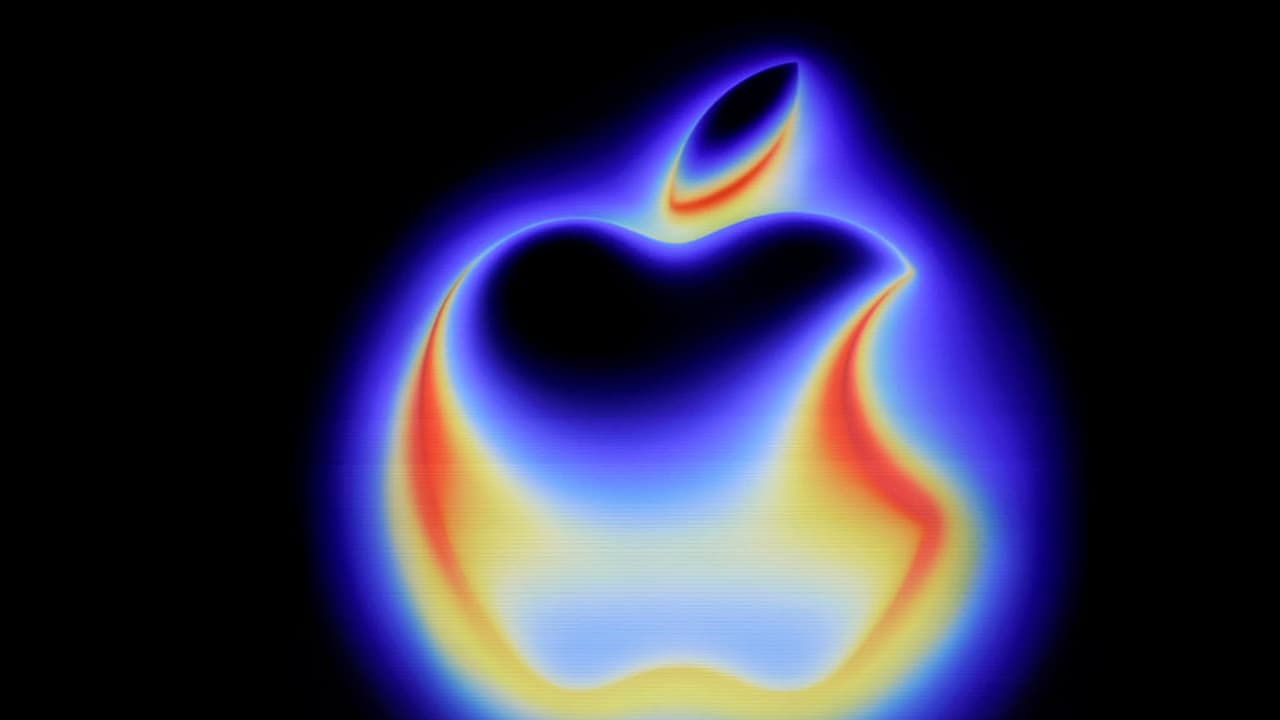Apple has officially acknowledged that major iOS updates, like the new iOS 26, can temporarily slow down iPhones and drain the battery. This is due to intensive background processes such as file indexing, which can take a few days to complete.
In a rare move, Apple has broken away from its usual secretive style, openly acknowledging something iPhone users have long suspected: major iOS updates can temporarily affect both battery life and device performance. According to new support documents, installing iOS 26 may leave your iPhone draining faster and running sluggishly for a short period.
For years, Apple has emphasized a “seamless experience,” often leaving users puzzled when their devices felt slower after an update. This new dose of honesty marks a shift – and for frustrated iPhone owners, it could feel refreshing.
Why Your iPhone Feels Different After Updating
The slowdown isn’t due to faulty software, but rather to background activity. After a big update like iOS 26, the system busies itself with indexing files, recalibrating search, and reorganizing system resources – all while you continue using your phone.
These invisible housekeeping tasks can take several days to settle. That explains why right after a major Friday night update, your Saturday morning may start with your iPhone overheating and your battery dropping to 20% without much use. In the past, this raised panic among users. Now, Apple admits this is “normal for major releases” – while smaller updates won’t trigger the same level of behind-the-scenes work.
The Long-Term Effect on Performance
Apple’s transparency doesn’t stop at short-term slowdowns. The company confirms that iOS 26’s heavier AI-driven tools and advanced new features demand more processing power. The tradeoff? Increased energy consumption, particularly noticeable during battery-intensive tasks.
To soften this effect, iOS 26 introduces Adaptive Power, a system that studies usage habits to optimize energy. The update also includes enhanced charging predictions and detailed battery analytics, giving users clearer insight into where their power is going.
A New Era of Openness
What makes this admission stand out is Apple’s commitment to making this guidance a standard practice for all major iOS updates going forward. The company stresses that performance should stabilize within a few days, but being upfront about the transition period helps significantly lower frustration.
After years of customer confusion and conspiracy theories surrounding after-update slowdowns, Apple’s candid approach feels like a turning point – one where information replaces secrecy, and honesty becomes part of the iOS experience.
